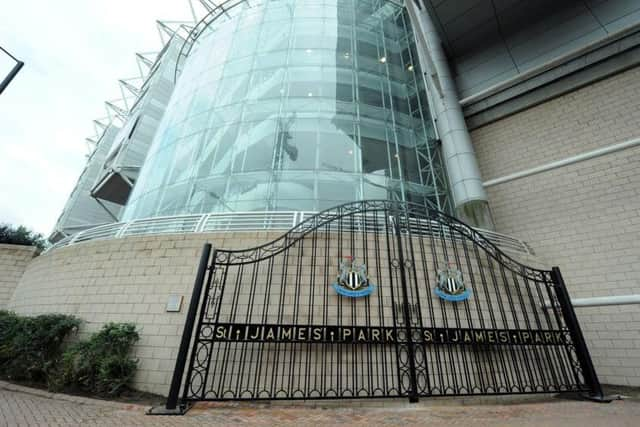Newcastle United responds to publication of Sheldon review into historical sexual abuse in football


The review by Clive Sheldon QC said high-profile convictions – including one for serial abuser Barry Bennell in the United States in 1995 – should have served as the catalyst for change, but that it took another five years for the FA to put adequate processes in place.
“The FA acted far too slowly to introduce appropriate and sufficient child protection measures, and to ensure that safeguarding was taken sufficiently seriously by those involved in the game,” the report stated.
Advertisement
Hide AdAdvertisement
Hide Ad“These are significant institutional failings for which there is no excuse. During this period, the FA did not do enough to keep children safe.”
There were failings even after 2000, the report said. It cited the fact that no measures were put in place to stop Bennell, who had worked as a youth coach affiliated to Manchester City, Crewe and Stoke, from returning to football after his release from prison in 2003. Even though the report found no evidence that he had returned to football, the FA’s failure to monitor it “allowed children to be put at potential risk”.
Bennell was sentenced to 31 years in prison in February 2018 for 50 counts of child abuse against 12 boys aged eight to 15 between 1979 and 1991. Judge Clement Goldstone QC described Bennell as “the devil incarnate”. He was sentenced to a further four years last year.
The FA was also criticised for failing to look again at allegations against Southampton and Peterborough youth coach Bob Higgins when the standard of proof in disciplinary cases was lowered in 2003. Higgins was sentenced to 24 years in prison in 2019 after being found guilty of 46 counts of indecent assault against 24 people between 1971 and 1996.
Advertisement
Hide AdAdvertisement
Hide AdThe review also looked at how the FA and individuals at clubs with links to suspected or convicted abusers dealt with reports of abuse. It stated that, in some cases, “clubs acted too slowly, or inappropriately” in response to such reports.
It highlighted numerous examples where clubs linked to abusers had heard rumours or received complaints about them and failed to handle them properly.
Newcastle United expressed their “sincere apologies and sympathy” to survivors and expressed a “collective commitment” to respond to the findings of the Review.
The Magpies were one of eight clubs to be directly accused of failings, relating to how the club handled complaints about George Ormond, a coach who worked with their youth teams.
Advertisement
Hide AdAdvertisement
Hide AdIn a statement Newcastle said: “The club would like to take the opportunity to express its sincere apologies and sympathy to all individuals affected by historic abuse in football and commend the bravery of those who have come forward and shared their stories.
“Newcastle United condemns any and all forms of abuse and shares a collective commitment to ensuring any lessons are learned so that football is safe for everyone.”
The review makes 13 recommendations for the FA to improve safeguarding. These include a board member becoming a safeguarding champion, an annual review of safeguarding spot-checks that grassroots clubs can carry out and the employment of safeguarding officers at all 92 professional clubs – full time in the Premier League and Championship and part time in Leagues One and Two.
It also calls for an annual safeguarding review and a National Day of Safeguarding In Football.